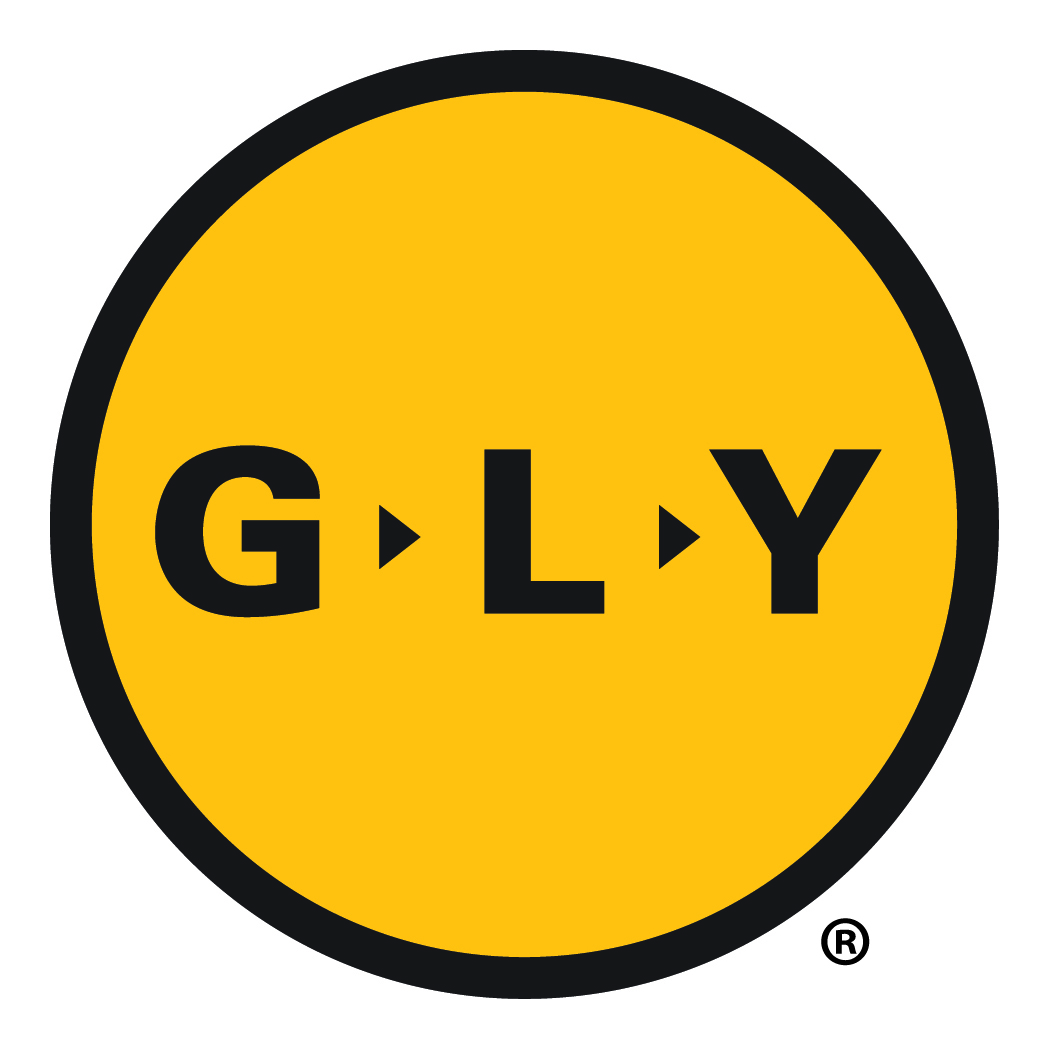Title Page
-
Conducted on
-
Prepared by
-
Job Name and Number:
-
Project Manager:
-
Superintendent:
-
Foreman:
Supervisor Safety Training
-
Superintendent has 10 hours in the last 12 months
-
All GF and Foremen have 10 hours in the last 12 months
-
Monthly Field Supervisor Meeting attendance (required)
Job Office Requirements
-
Substance abuse testing
-
Posting requirements (AGC all-in-one)
-
Signage (emergency plan + evacuation route)
-
SDS Manual (Mobile app accessible to all employees, thumb drive updated quarterly)
-
New hire + Visitor orientations (completed and filed)
-
Safety Meeting conducted and filed weekly
-
New Hire Packets (completed and sent to newhires@gly.com within THREE business days)
-
Field Exit forms (completed and sent to newhires@gly.com same day)
-
Daily Logs (completed daily and filed in project folder)
-
Job Hazard Analysis
-
Flex and Stretch conducted daily
-
LEED recycle log
Power Distribution and Tools
-
Power Tools (wiring and grounding)
-
Protective Equipment (machine and tool guards present/operational)
-
Lock Out/Tag Out (procedures known and followed by employees)
-
Temp Power Distribution Plan in place
-
Temp Power elevated off floor per plan
-
Extension cords elevated or covered at egress pathways, cords not in use rolled up.
Personal Protective Equipment
-
Personal Clothing (proper sleeve length, proper footwear)
-
Eye protection, Hard hats, Hi-Vis and Hearing Protection available and in use
Fire Protection
-
Extinguishers on site (minimum 10lb every 3,000 sq ft and at every stairwell)
-
Extinguishers tested and inspected
-
Hot Work (permit, dedicated extinguisher and fire watch)
Personnel and Material Handling Equipment
-
Man Lifts (inspected daily)
-
Forklifts (inspected daily)
-
Scaffolding/Stair Towers (tags in place and signed daily)
-
Ladders (serviceable and installed correctly)
Housekeeping
-
Access/Egress and Stairs (free of trip hazards, carts, materials and swept clean)
-
Floors (Swept, garbage picked up and removed)
-
Materials (properly stored, tidy)
-
Lighting (all access and emergency egress well lit)
Safe Practices
-
Near Misses (reported, documented and emailed to safety@gly.com, lessons learned shared with crew)
-
Hazardous material storage (proper containers and labeling)
-
Access/Egress and Ramps (clearly marked, rails if needed)
-
Confined Space Protocol (space marked, training, all equipment available, completed permit, paperwork filed)
-
Drinking Water (sufficient supply, readily available throughout building)
-
All scheduled breaks given/used
First Aid/CPR
-
Certified provider on site
-
First Aid Kits (serviced, suitable size for crew)
-
Eye Wash (present in all GLY gang boxes, not expired)
-
First Responder Kit/Red Bag (on site and serviced)
-
Injuries (reported, emailed to safety@gly.com and filed)
Excavation
-
Preconstruction Meeting Conducted
-
Slopes and Benches Correct?
-
Protection (shoring and/or trench boxes in place where required)
-
Egress (ladders or ramps as required)
Cranes
-
Engineering and Crane Certifications on File
-
Operator Certifications on File
-
Rigger/Signalman Certifications on File
-
Inspections Completed and on File
-
Secured Access
Fall Protection
-
Plan in place (responsibilities defined)
-
Fall Hazards Protected (holes, openings, leading edge, perimeter)
-
All rails and toe boards present and installed correctly
-
Fall Protection Gear (serviceable and inspected)
Subcontractors
-
Site Specific Safety Plan on File
-
Fall Protection Plan Reviewed and on File
-
Violation History (risk assessment performed)
Public Safety
-
Proper Lighting (all areas around outside of site well lit)
-
Signs (pedestrian and vehicle routes, danger, no trespassing, site information, emergency contacts)
Comments
-
Site Safety:
-
Site Superintendent:












